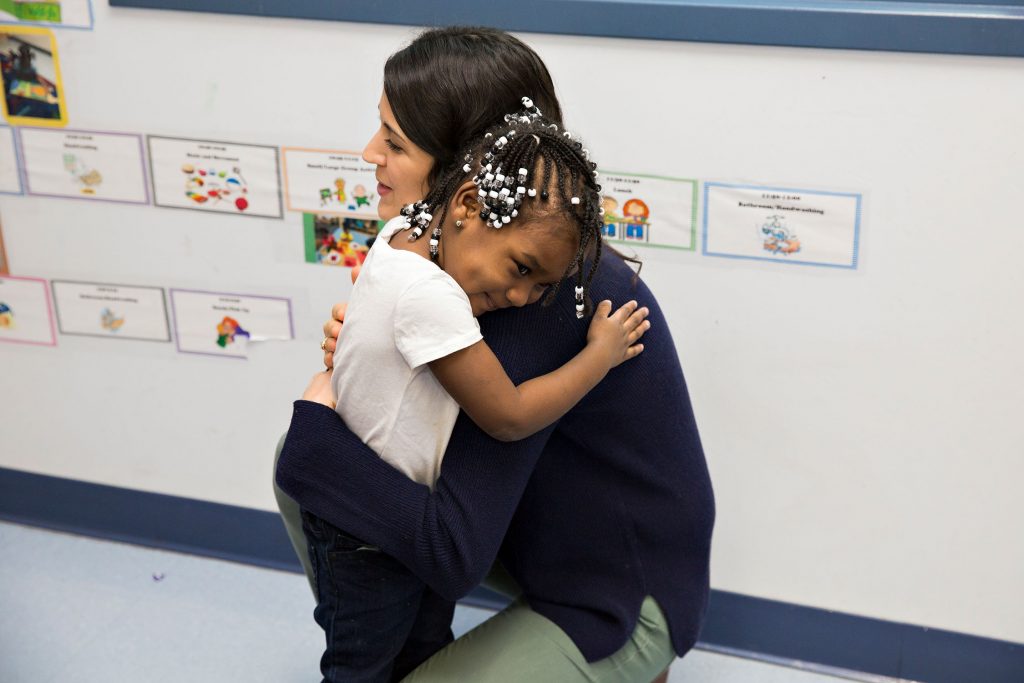We are pleased to share a new research brief that highlights the stress and emotional strain that educators have experienced in the midst of the COVID-19 pandemic based on an analysis of the survey of the New York’s Early Care and Education Workforce. As we enter in to a new phase in our path to recovery, we hope to draw attention to how the field is faring and call for supports for educators’ emotional well-being.
Key take-aways from the brief include:
- 91% of respondents reported that their emotional well-being had been affected by the COVID-19 pandemic; 38% said that they had been affected a lot or greatly.
- Respondents’ emotional well-being was impacted by:
- Program status (whether their programs were open, remote, or closed)
- Personal job loss
- Reduced income (personal)
- Personal and family members’ health
- Work-life balance
- Feeling lonely or isolated
- Those who reported working remotely were about one-and-a-half times more likely to rate their emotional well-being worse than those whose centers were closed, which speaks to the high degree of stress created by the demands of trying to provide technologically-mediated care and education for young children, especially infants and toddlers.
As early childhood programs reopen, we are well aware that the expectations and workload for educators and leaders to keep children healthy and safe is greater than ever (e.g., sanitizing, redesigning learning environments, sourcing PPE). Thus, the mental health impact of reopening warrants significant attention as well. It is our hope that this snapshot of educators and leaders’ experiences will prompt discussion to inspire solutions to care for the early care and education workforce during these unprecedented challenges.

